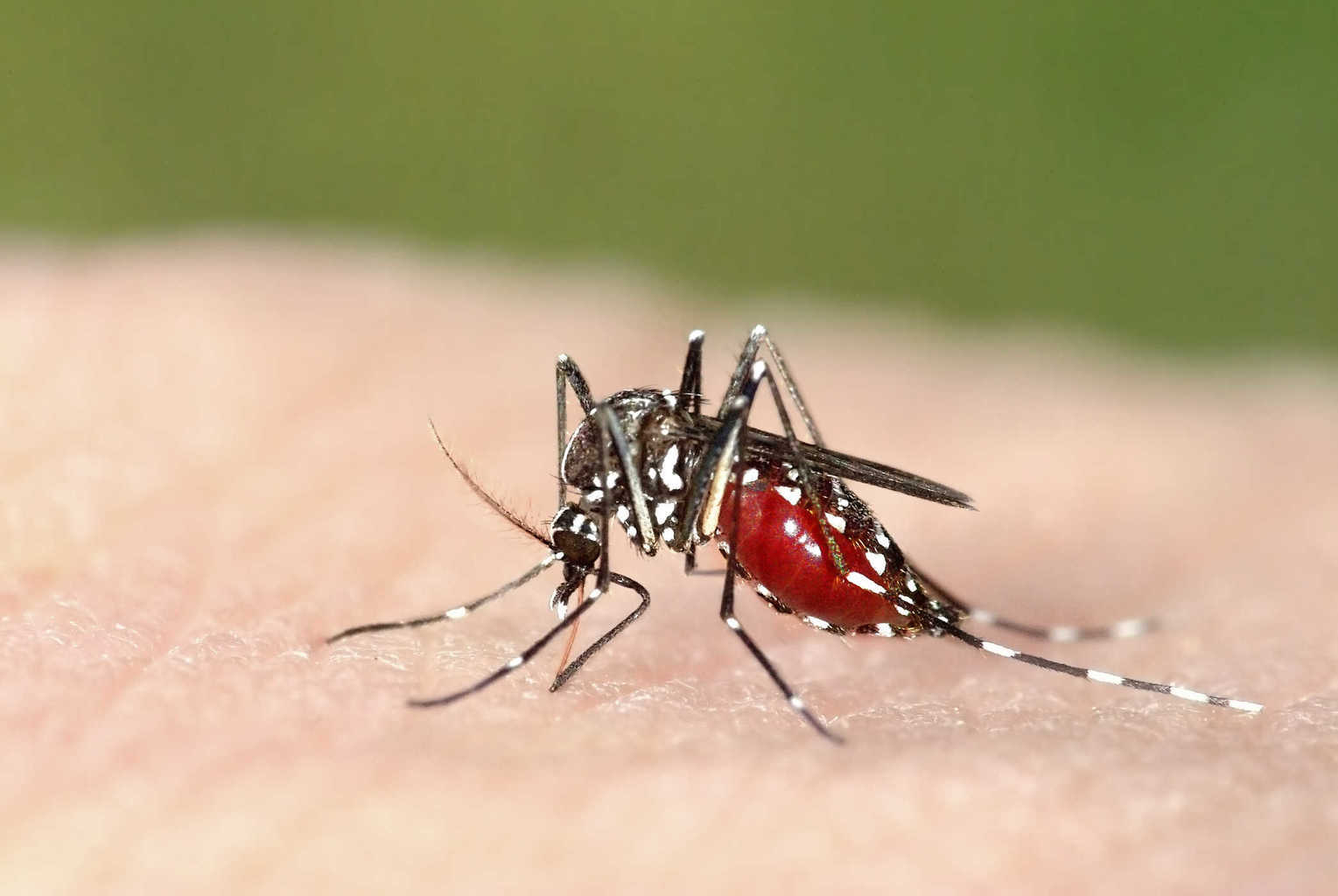Contents:
Medical Video: BAD BITE! - K9 Attack
Animal bites are an unusual cause of stroke. In some regions based on geographic location and climate, various toxic creatures can develop and pose a real threat to humans around them.
Bites from several types of snakes, spiders and scorpions can cause physiological changes in the body resulting in neurological disorders and strokes. Certain types of poisons emitted from bites or animal stings have chemical properties that interfere with the function of blood clotting, resulting in excessive bleeding, stimulates the release of hormones and changes in blood vessels which later lead to stroke. Stroke caused by sudden animal bites and stings and may be severe due to a spike in poison that is suddenly released into the victim's body.
Snakebite
There have been many reports of snake bite cases that have resulted in strokes. A viper snake, which can be found in many locations throughout the world, has been repeatedly identified as a source of stroke in humans.
Toxins released during bites into the victim's circulation contain a number of poisons that produce complex interactions with the human body. The effects of the poison included excessive bleeding, which triggered bleeding in many organs of the injured victim. Sometimes, poisons in snake can cause opposing effects, resulting in blood clots in the brain or other body structures. Other poisonous snakes, such as rattlesnakes, put toxins into the system of the injured person, then cause a combination of bleeding and blood clots throughout the body. Proteins such as metalloproteinase, serine proteases and the type of C-lectin, which are found in snake poisons, have anticoagulant and pro-coagulation activity.
Effective treatments include anti-poisons and urgent medical examinations and treatments, including breathing, heart and kidneys. Effective treatment failures have been reported in cases when there is a delay in identifying reptile types and anti-toxin administration.
The bite of a spider
Spider bites are associated with muscle paralysis due to direct action of neurotoxins on the nerves and muscle transmission. Muscle paralysis can target one of the muscles in the body, including the muscles that support vital functions such as breathing and heart contraction. However, spider poisons can also cause severe coagulation disorders, which result in strokes. Blood clots caused by the bite of poisonous spiders can cause strokes in any part of the brain, and can cause more than one stroke at a time. Similar to medical treatment for venomous snakebites, medical treatment of patients suffering from strokes due to the bite of poisonous spiders must include rapid treatment and alert to symptoms of stroke coupled with injections of anti-toxin treatment.
Scorpion stings
Stings of some types of scorpions can cause a number of serious life-threatening consequences, including heartbeat irregularities, muscle paralysis and respiratory disorders. Severe abnormalities of heart function and blood pressure can trigger one or more hemorrhagic strokes. In addition, scorpion poisons can directly interfere with the normal process that regulates bleeding and blood clots, causing hemorrhagic or ischemic strokes in the brain. Scorpion stings induce excessive activity of catecholamines, which are stimulating hormones. As long as catecholamine activity can induce strokes due to extreme changes in blood vessel diameter, brain blood vessel spasms, and abnormal heartbeat reactions.
What should I do?
Animal bites can be dangerous for the victim. Urgent medical care is always needed, because life-threatening symptoms can develop rapidly. Native animal species vary depending on the local environment and climate. Systematic medical treatment is often needed to fight the physiological effects of harmful components of poisons. Often, anti-poisons are needed to stop poisons injected through bites or stings.












